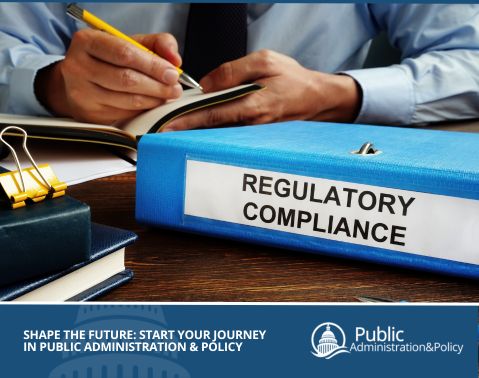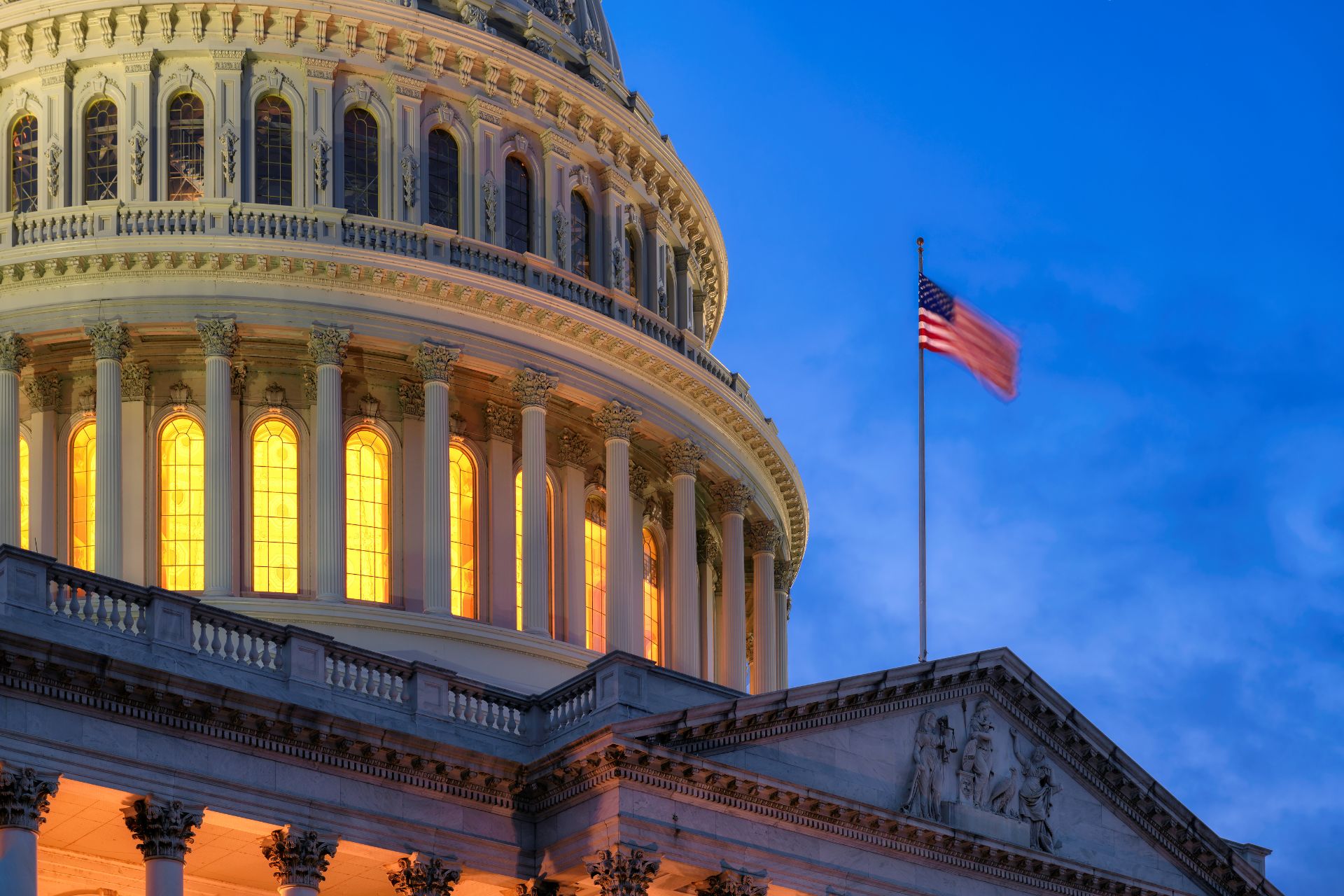Introduction to Public Policy-Making
Table of Contents
Understanding How Public Policy-Making Shapes Society
Public policy-making is the cornerstone of governance, shaping how societies address pressing issues and achieve long-term goals. It is the process through which governments create, implement, and evaluate strategies to solve problems, allocate resources, and improve the quality of life for their citizens. Whether addressing economic challenges, environmental sustainability, or public health, effective policy-making is vital for fostering social progress and stability.
In my work with community development and social equity initiatives, I’ve witnessed the profound impact public policy can have on shaping opportunities for underserved populations. Designing housing policies, advocating for social welfare programs, and supporting equitable urban planning have shown me that effective policy-making isn’t just about solving problems but creating a foundation for fairness and inclusion. For those pursuing degrees like a Master of Public Policy (MPP) or careers as a community development specialist, understanding this process is essential for driving meaningful change.
Public policy-making involves decisions that guide governmental actions at local, state, national, and even global levels. These decisions are influenced by various stakeholders, including elected officials, public servants, interest groups, and everyday citizens. The resulting policies are designed to balance competing interests and promote the collective well-being of society.

The Foundations of Public Policy-Making
Public policy is grounded in democracy, accountability, and inclusivity. Its foundation is identifying societal needs, setting priorities, and crafting solutions that align with shared values and goals.
Public policies include initiatives addressing critical challenges, which typically fall into one of three categories:
- Distributive Policies: These allocate resources or benefits to specific groups, such as education funding or public infrastructure projects.
- Regulatory Policies: These establish rules or standards, such as environmental regulations or workplace safety laws.
- Redistributive Policies: These transfer resources to promote equity, often through social welfare programs or tax reforms.
The study of public policy provides individuals with the tools to analyze societal challenges and create evidence-based solutions. Research from the Urban Institute highlights how redistributive policies can promote social equity and reduce systemic inequality, making them a cornerstone of equitable public governance.
The Policy-Making Process
Public policy-making follows a structured process to ensure that decisions are well-informed and practical. This process typically includes:
- Agenda Setting: Identifying issues that require government attention and prioritizing them based on urgency, public interest, or political feasibility.
- Policy Formulation: Crafting potential solutions through research, analysis, and stakeholder input.
- Policy Adoption: Gaining approval from legislative bodies, executives, or other decision-makers.
- Policy Implementation: Executing the adopted policies through programs, regulations, or initiatives.
- Policy Evaluation: Assessing the outcomes to determine effectiveness, identify shortcomings, and recommend adjustments.
Effective policy-making requires careful implementation and evaluation to ensure that intended outcomes are achieved and necessary adjustments are made. Programs like an MPA in Finance & Budgeting equip professionals with the tools to address the economic complexities of the policy-making process. The Harvard Kennedy School emphasizes the importance of stakeholder engagement and data-driven analysis in the policy formulation and evaluation stages.
The Role of Stakeholders in Policy-Making
Policy-making is not an isolated process—it relies on the input and cooperation of diverse stakeholders:
- Government Officials: Elected leaders and administrators provide direction and authority for policy initiatives.
- Public Servants: These professionals implement policies and ensure they are executed effectively.
- Interest Groups and NGOs: Advocacy organizations offer insights and represent the interests of specific communities or causes.
- The Public: Citizen participation, through voting, public consultations, and feedback, ensures policies reflect societal needs and priorities.
By involving multiple perspectives, the study of public policy becomes more robust and impactful. Engaging with community members during my projects has highlighted the importance of including their lived experiences in crafting effective solutions. According to research from the Brookings Institution, incorporating diverse perspectives in policy-making leads to more inclusive and impactful outcomes.
Challenges in Public Policy-Making
Despite its importance, public policy-making is not without challenges. Policymakers often face obstacles such as:
- Limited Resources: Budget constraints can restrict the scope and reach of policies.
- Conflicting Interests: Balancing the needs of diverse stakeholders can be complicated.
- Rapid Change: Technological, social, and environmental shifts require policies to be adaptable.
- Political Polarization: Partisan divides can hinder consensus and progress.
Addressing these challenges requires innovative thinking, collaboration, and a commitment to the public good. The Council on Foreign Relations emphasizes the importance of evidence-based strategies and collaborative approaches. Programs like an MPP in Social Policy provide professionals with the tools to navigate these complexities effectively.
Why Public Policy-Making Matters
Public policy is essential for creating a fair, functional, and forward-thinking society. It influences nearly every aspect of daily life, from the quality of education and healthcare to the safety of infrastructure and the preservation of natural resources.
Through my work in equitable urban planning, I’ve seen firsthand how policies can transform communities by providing opportunities for growth and development. For individuals pursuing community development or nonprofit leadership careers, policy-making offers a chance to address systemic challenges and build a brighter future.
Become an Active Participant in Policy-Making
Public policy-making is a powerful tool for addressing society’s most pressing issues. You can drive positive change by understanding its foundations and engaging with the process. Through advocacy, research, or leadership, your contributions can help create policies that improve lives and build a more equitable and sustainable future.
Citations
- Urban Institute. “Policy Analysis and Public Problem Solving.”
https://www.urban.org - Harvard Kennedy School. “The Policy Process: Stages of Policy Development.”
https://www.hks.harvard.edu - Brookings Institution. “The Role of Stakeholders in Public Policy.”
https://www.brookings.edu - Council on Foreign Relations. “Public Policy Challenges and Solutions.”
https://www.cfr.org





